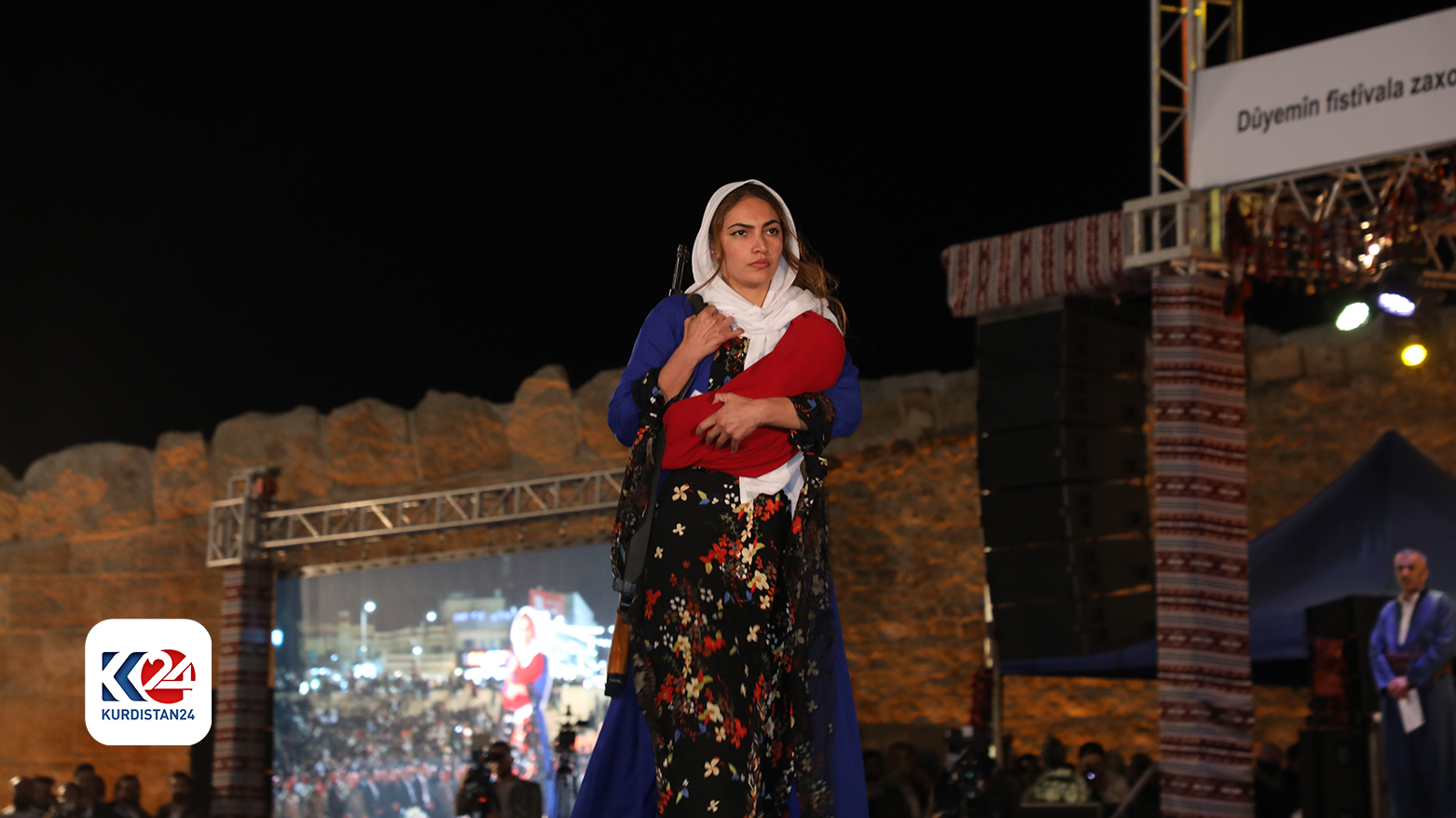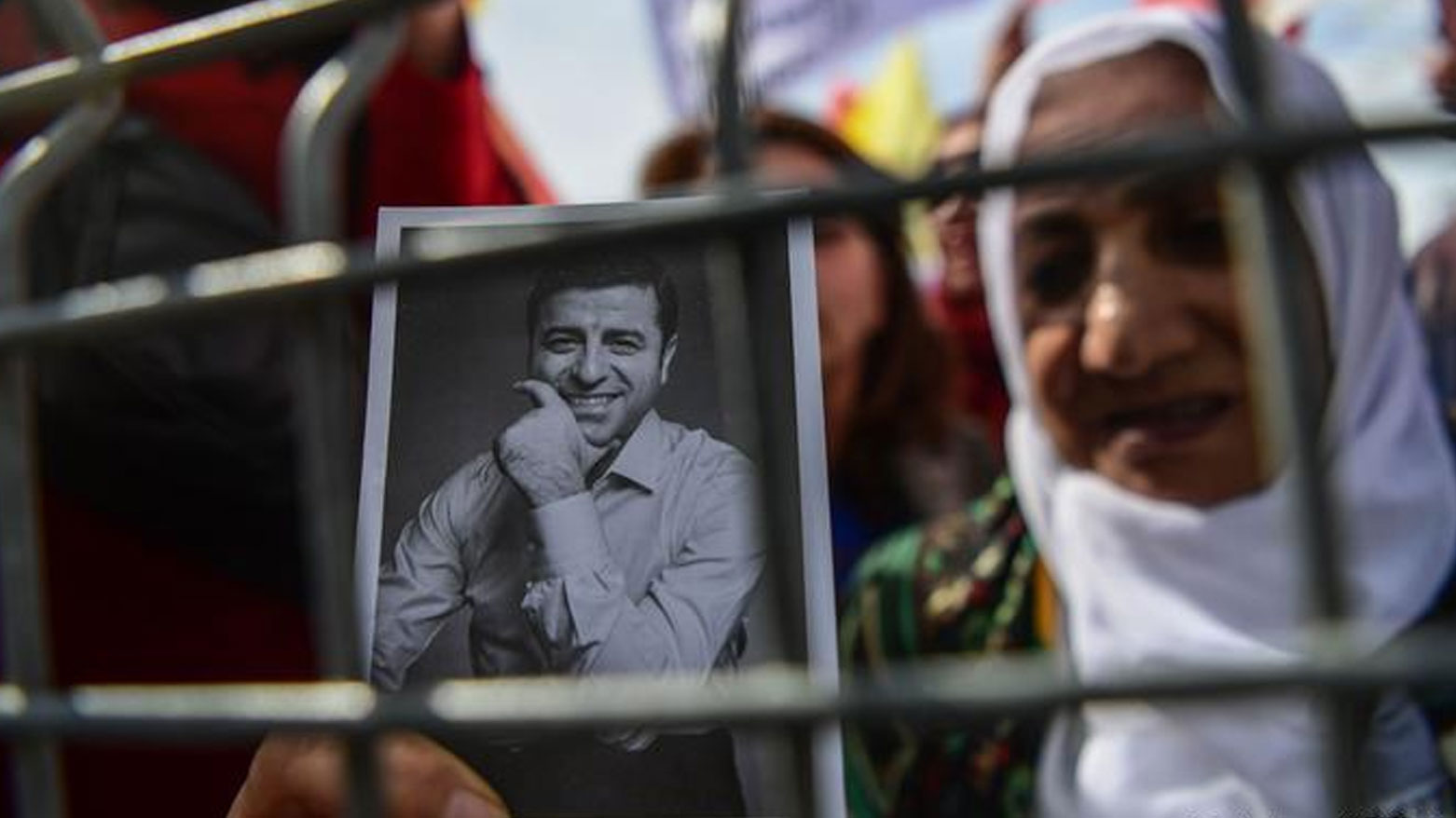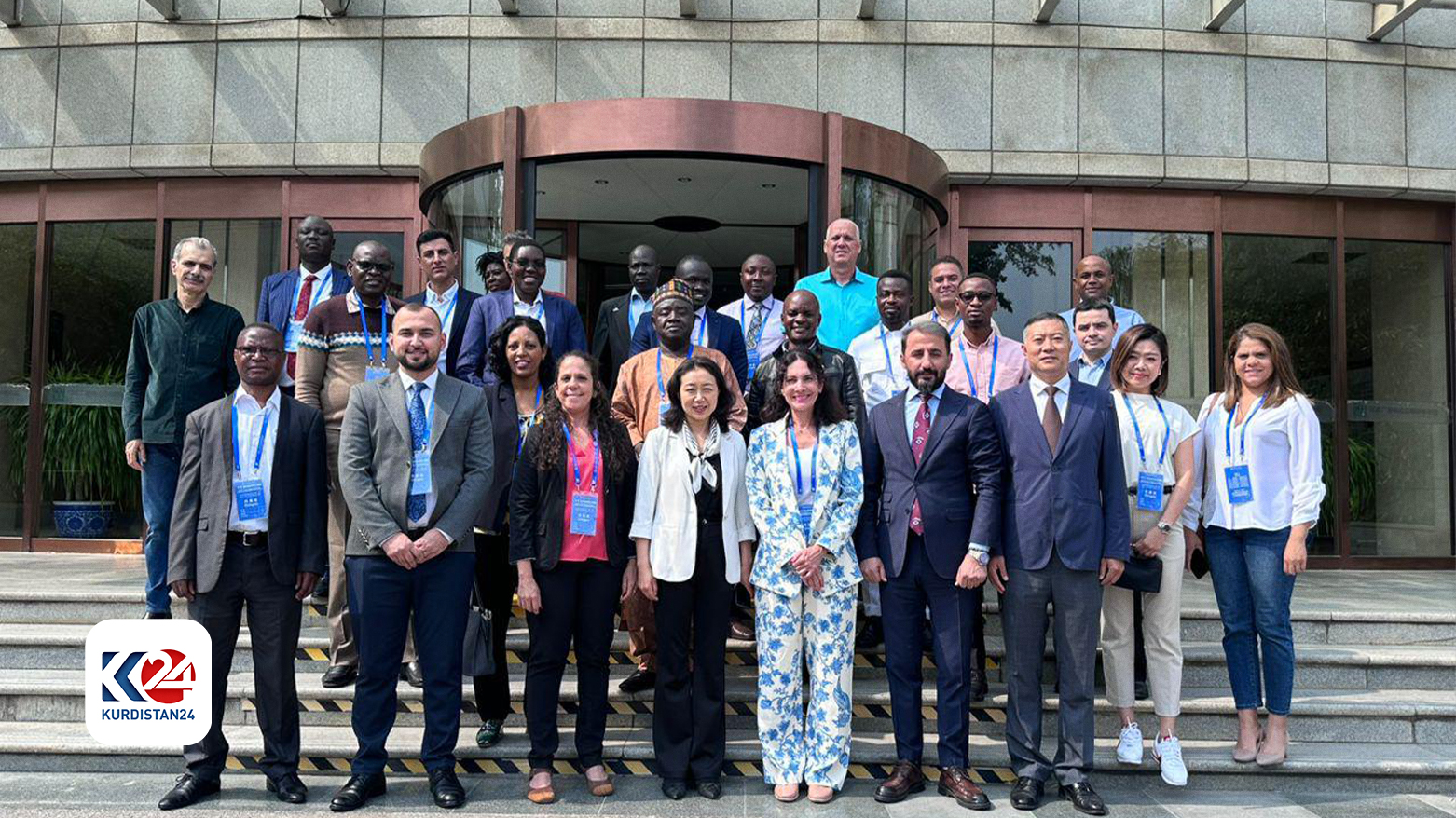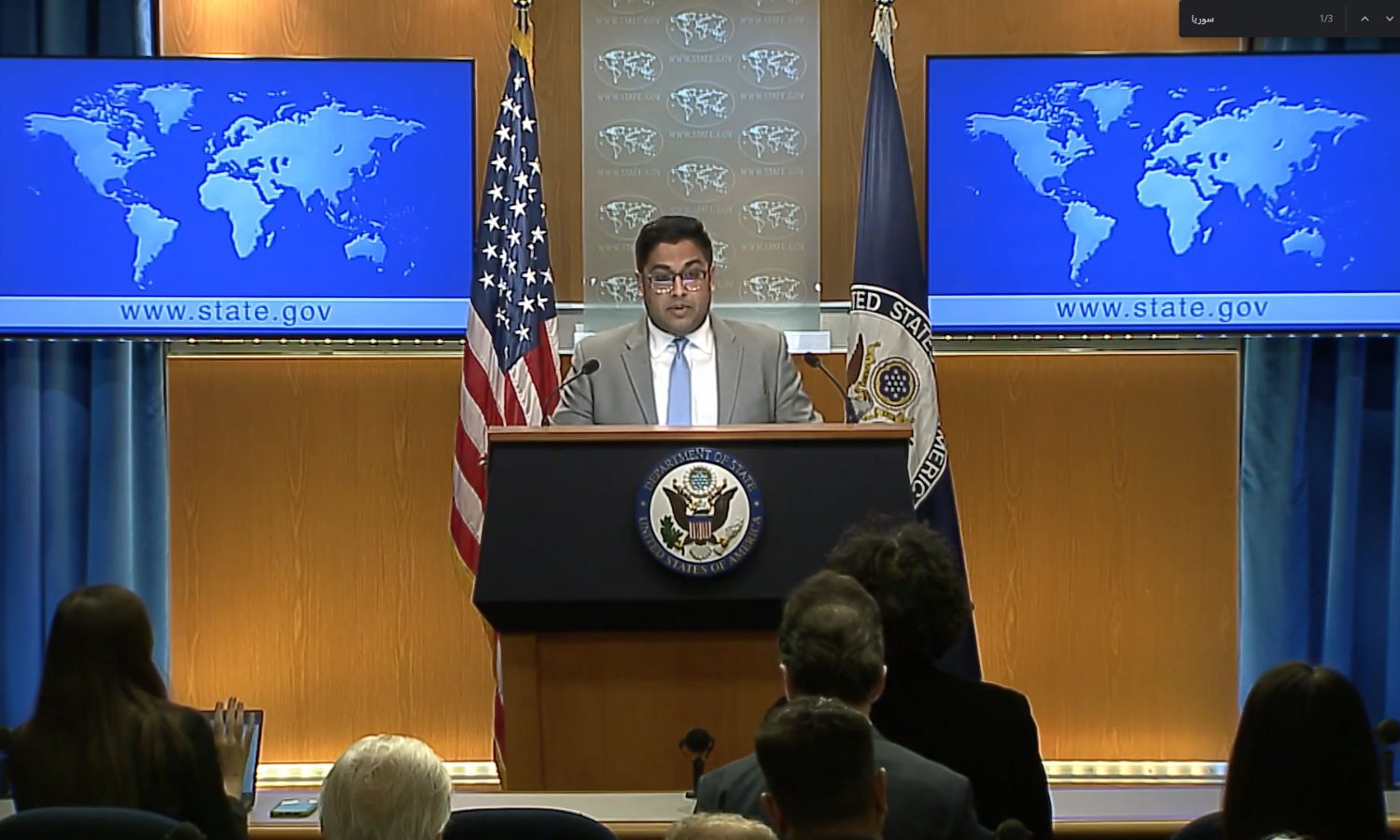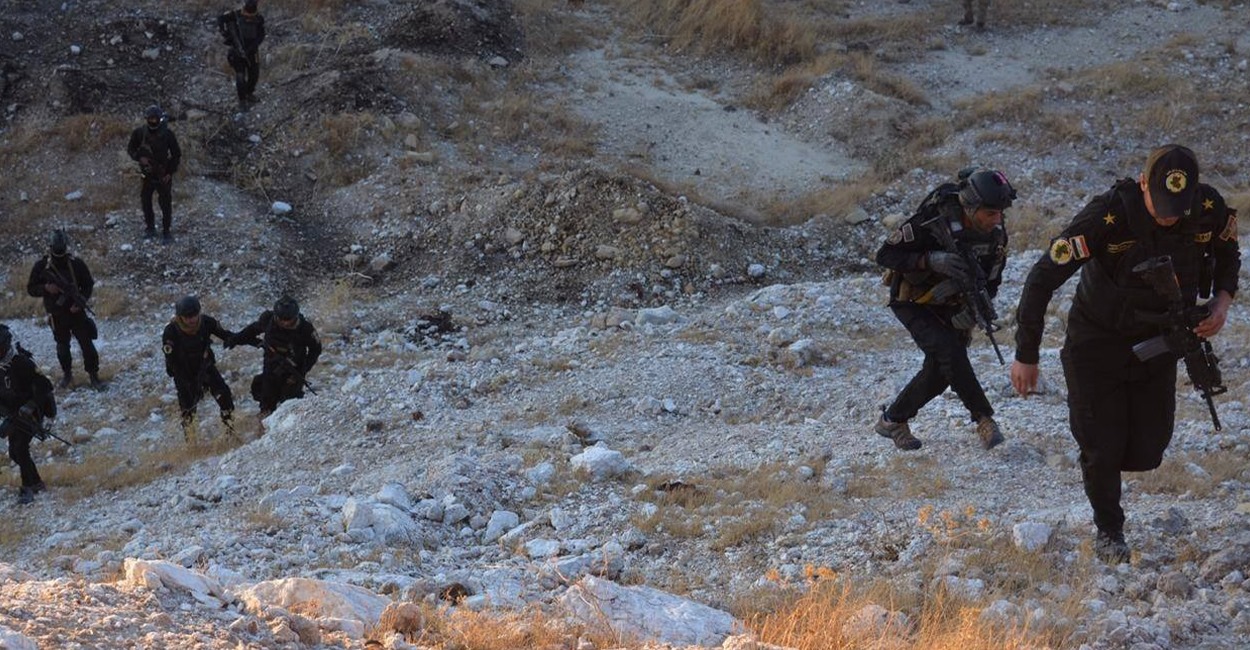UN to pull out of Duhok, leaving Syrian refugees in limbo
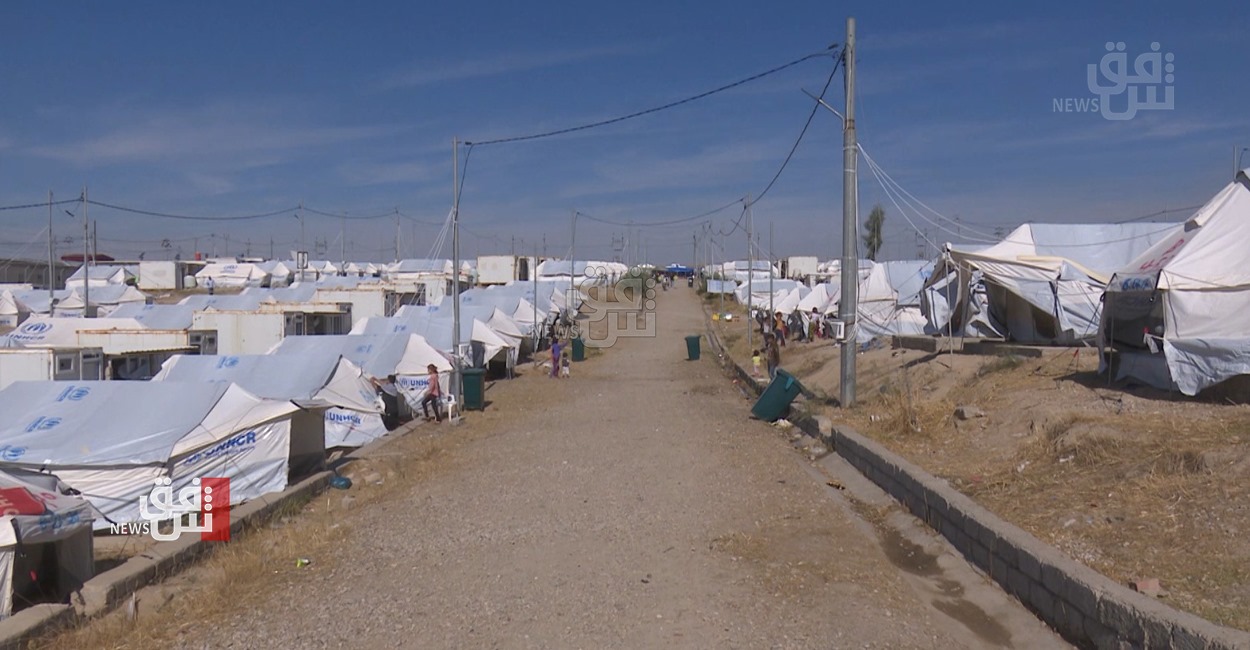
Shafaq News/ The United Nations has decided to cease aid operations in the Kurdistan region of Iraq starting in 2024, a move that will likely exacerbate the suffering of displaced Syrians.
The decision comes amidst a broader context of dwindling international support for Syrian refugees and a deepening economic crisis in Syria itself.
Bêr Diyan Ja'far, Director of the Department of Migration and Displacement and Crisis Response in Duhok Governorate, in a statement to Shafaq News Agency, confirmed the decision but assured that the refugees will continue to receive humanitarian aid through the governments of Iraq and Kurdistan.
"The UN's role in the region was only managing refugees residing in Duhok's designated camps," he said. "The assistance was provided by the Federal Government of Iraq and the Kurdistan Regional Government (KRG)."
This sudden shift in responsibility, however, still raises concerns about the ability of these authorities to adequately meet the needs of over 110,000 Syrian refugees currently residing in Duhok. The KRG has already been grappling with its own financial challenges, making it unclear how it will manage the additional burden of providing essential services and support to refugees.
Nearly 7 million Syrians are refugees, mostly in Turkey, Lebanon, Jordan, Iraq, and Egypt, according to the International Organization of Migration. After more than a decade of hosting them, some countries are starting to press the refugees to return to Syria. International refugee and human rights law prohibits countries from sending home people involuntarily or if they face persecution or other dangers.
Human Rights Watch criticized the Lebanese army this week for having "arbitrarily arrested and summarily deported" thousands of Syrian refugees, including unaccompanied children, to Syria between April and May of this year.
Turkey hosts more than 3.5 million Syrian refugees and their presence has caused building resentment in a country that is suffering economic woes and the aftereffects of this year's deadly earthquake.
In Jordan, the government hosts about 1.3 million refugees, the majority of whom are Syrians. The WFP assists 465,000 of the most vulnerable Syrians, but it had to cut its cash assistance starting this month to about 346,000 Syrians living in local communities because of funding shortfalls. The impact of such cuts is severe for struggling families.
WFP officials warned that more cuts could be in store by September if fresh funding is not received in the coming weeks – including to the most vulnerable refugees who live in camps. Around $40 million is needed to restore full assistance through the end of 2023 for Syrian refugees in Jordan alone.
The UN also also decided to cut the aid of over 88,000 Syrian families, nearly 400,000 individuals, currently residing in Lebanon. Starting from 2024, only 190,000 families, nearly 900,000 individuals, will receive UN-funded assistance, marking the largest single reduction since cuts began in 2013.
Syrians living in Syria are not faring any better. UN humanitarian appeals to assist them in the region are significantly underfunded.
In their homeland, millions of Syrians are coping with stress on multiple fronts as the civil war drags on, a severe economic crisis engulfs the country, they recover from a series of deadly earthquakes, and conflicts in other parts of the world detract from the urgency of their situation.
In June, the World Food Program said it would be forced to end food assistance to 2.5 million Syrians inside the country this month, if it does not receive at least $180 million in donations to fund programs through the end of this year.


